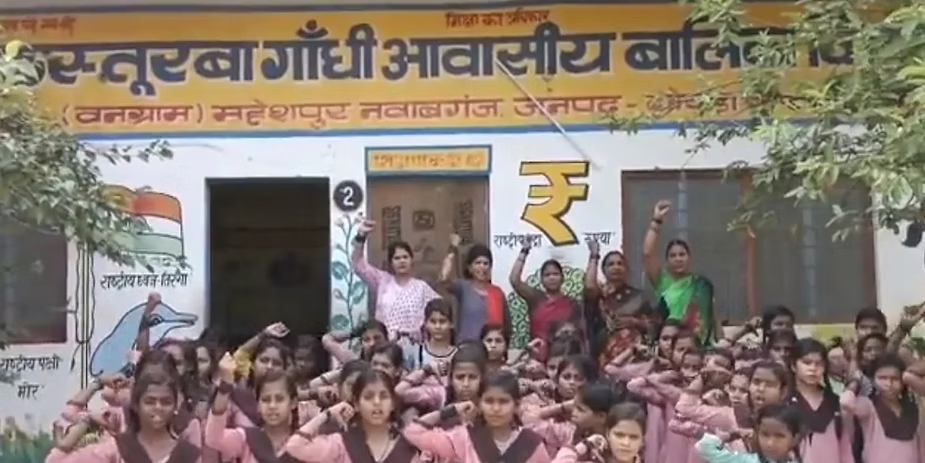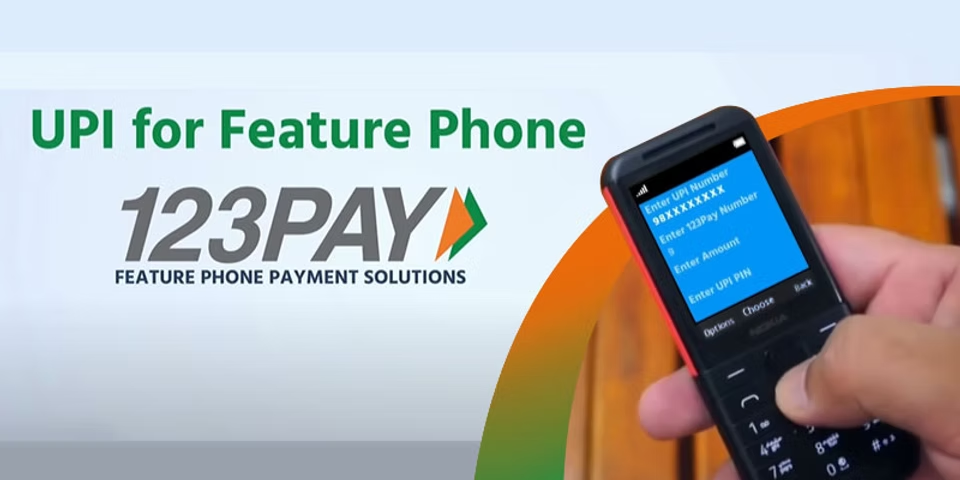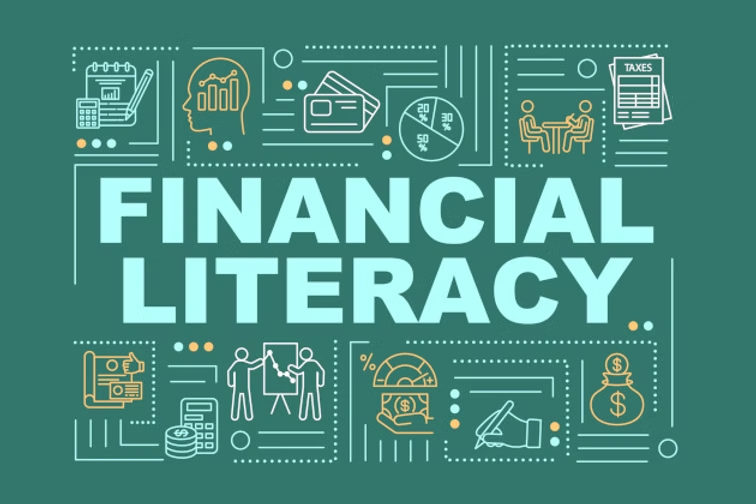Imagine being 14 and suddenly feeling more confident handling money, not because of family lessons, but because school makes it part of what you learn every day.
That’s exactly what’s happening in Uttar Pradesh right now. The government has launched a program to train 80,000 girls from 746 Kasturba Gandhi Balika Vidyalayas (KGBVs). All through a free, online platform called “Passport to Earning (P2E)”, developed in partnership with UNICEF. Girls will complete a 10-hour course on financial literacy and digital skills, with nodal teachers guiding them from June, and top-performing schools getting special recognition.
Why It Feels So Real
- It’s about equity, not theory. In these classrooms, being a girl doesn’t mean being financially sidelined. It means learning how to manage money, from making budgets to recognizing scams.
- It’s paced for people’s lives. It’s not a massive e-learning push, it’s just ten hours, guided by a teacher, delivered in a way that makes sense for the students.
- It invests in community, not just individuals. When teachers train and schools engage, it builds a network of financial-awareness that’s bigger than the classroom.
What This Makes Me Think
- Could financial confidence from such programs ripple into things like entrepreneurship, better savings habits, or even civic participation?
- What would school feel like if every student left knowing how banks, budgets, and money systems work, not because they had a test, but because it was part of their everyday skills?
- And maybe, down the line, could this kind of early financial grounding help policy-makers design systems that feel adult-ready and inclusive by default?
This is a snapshot of progress taking place in ordinary schools, one that shows how policy can meet young lives in meaningful ways.
Sources:


